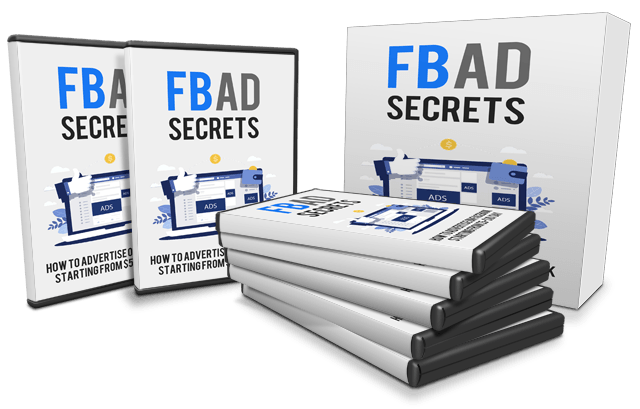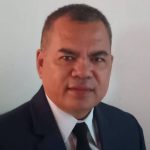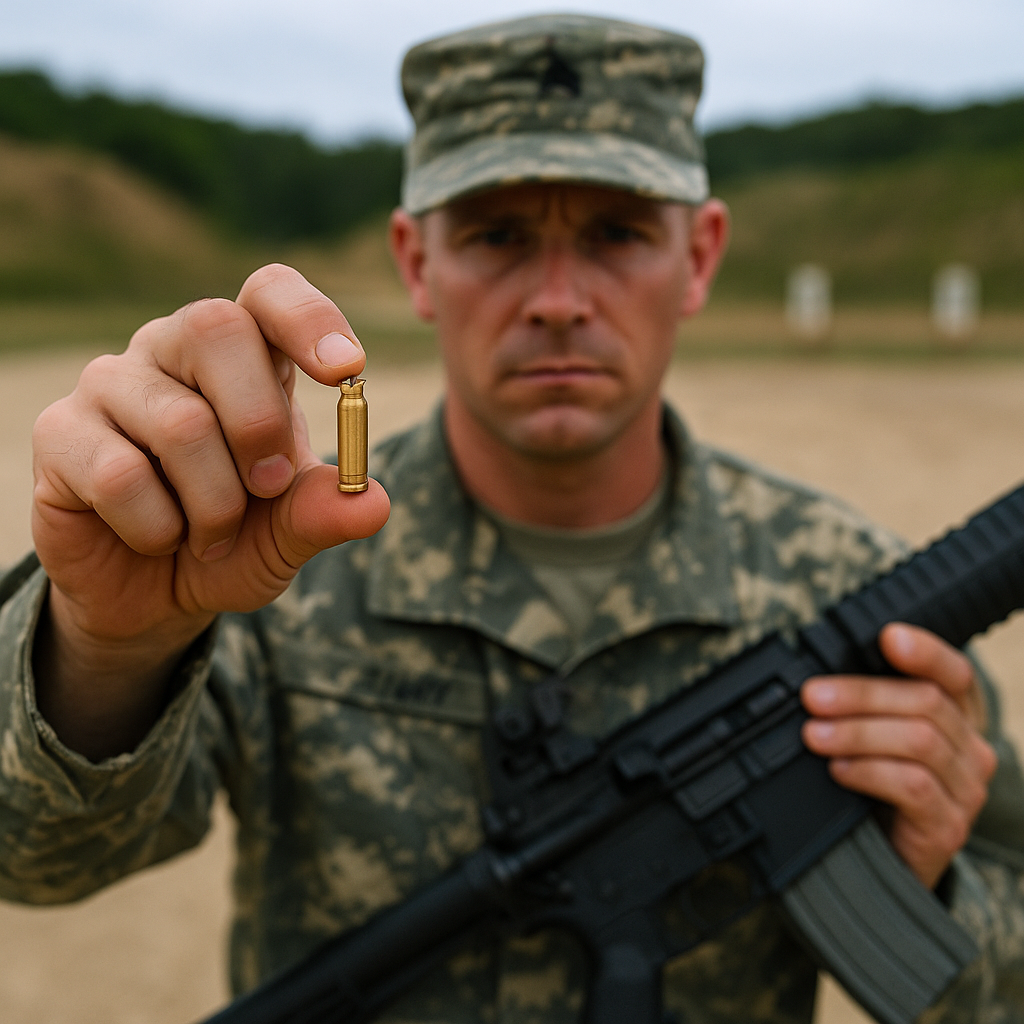Sharpen Your Edge – Specialized Knowledge as Ammunition
“General knowledge is a blank bullet—load your rifle with precision.”
“An investment in knowledge pays the best interest.” – Benjamin Franklin
I still remember my first time on the firing range as a young soldier. My rifle felt solid in my hands, the weight of responsibility pressing on my shoulders. The instructor barked orders, and when the time came to fire, I aimed at the target with all my focus. I squeezed the trigger—click. Nothing. A misfire.
He walked over, pulled out the cartridge, and showed me the truth: it was a blank. Harmless, empty, incapable of piercing even a paper target. Then he leaned in and said something I never forgot: “A rifle is only as good as the ammunition you load it with.”
That day, I realized life works the same way. Too many people carry rifles filled with blanks—armed only with general knowledge, shallow tips, and half-truths. They march into life’s battles unprepared, wondering why they never hit their targets.
But the soldiers, leaders, and achievers who rise above? They load their rifles with specialized knowledge—the kind of insights that cut through uncertainty and hit bullseyes others can’t even see.
Because in the real world, it’s not the one who knows a little about everything who wins. It’s the one who goes deep, masters his craft, and sharpens his edge until no obstacle can withstand it.
And here’s the truth you need to face: Are you carrying blanks, or are you armed with the ammunition that can actually win battles in your career, finances, and future?
Keep reading, because in this chapter I’ll show you how to load your rifle with the kind of knowledge that gives you an unfair advantage in every fight that matters.
The Difference Between Blanks and Live Rounds
In the military, a blank cartridge makes a lot of noise but delivers no impact. It startles, but it doesn’t pierce. Too many people go through life carrying “blank bullets”—general knowledge that sounds impressive in conversation but doesn’t change their reality.
General knowledge is like knowing a little about everything but being able to apply nothing with accuracy. You’ve probably met people like this: they can talk about history, politics, sports, or social media trends, but when it comes to solving a specific problem—managing money, passing AFPSAT, leading a unit, or building a business—they fall short.
Specialized knowledge, however, is different. It’s the live round in your rifle. It penetrates. It solves. It creates results. In both military operations and civilian life, the winners are those who master specifics.
Napoleon Hill, in his classic Think and Grow Rich (1937), warned against depending solely on general knowledge, emphasizing that “Knowledge is only potential power. It becomes power only when, and if, it is organized into definite plans of action and directed to a definite end.”
Why Specialized Knowledge Wins
- Clarity of Purpose: Specialized knowledge gives you a direct path. If you know exactly how to prepare for the AFPSAT, you don’t waste time reviewing everything under the sun.
- Competitive Advantage: Employers, military organizations, and leaders don’t pay for “know-it-alls.” They reward problem-solvers who can act with precision.
- Efficiency: Specialized knowledge saves time. Instead of years of trial and error, you gain shortcuts refined by those who’ve walked the path.
- Confidence: When you know exactly what to do, confidence follows. You step into exams, interviews, or missions not hoping but knowing.
Case Study: The AFPSAT Candidate Who Focused
I once coached a candidate who had failed AFPSAT twice. The first two times, he relied on “general study.” He read random books, listened to hearsay, and attempted to cover too much.
The third time, he followed a specialized review system—focusing only on the exact areas tested: verbal reasoning, numerical reasoning, and abstract reasoning. We simulated actual test conditions, drilled practice sets, and analyzed his weak spots.
The result? He passed with confidence. Not because he studied harder, but because he studied smarter. Specialized knowledge was the ammunition that hit the target.
How to Acquire Specialized Knowledge (Practical Guide)
- Identify Your Mission Objective
- What is the “target” you need to hit? Passing AFPSAT? Improving pushups for PFT? Nailing your military interview?
- Define it clearly. You can’t load the right bullet if you don’t know the mission.
- Seek Experts and Mentors
- In the Army, rookies learn from veterans. In civilian life, the same rule applies. Find mentors, coaches, and programs that compress years of experience into actionable steps.
- Reference: Research from Ericsson (1993) on deliberate practice shows that expertise is not innate—it is trained under guided, focused practice.
- Organize Knowledge Into a System
- Random tips are blanks. Organized steps are live rounds. Turn what you learn into a daily plan or drill. Example: “15 minutes daily for AFPSAT drills + 15 minutes pushups & sit-ups.”
- Practice With Real-World Application
- Specialized knowledge sticks only if applied. Don’t just read about PFT techniques—do the drills. Don’t just study leadership theory—apply it by leading small groups.
- Refine Continuously
- Ammunition must be maintained. Specialized knowledge expires if unused. Stay updated, adapt, and sharpen your edge as conditions change.
The Civilian Parallel
Even outside the military, the rule stands. In the job market, those with general degrees often struggle to find opportunities, while those with specialized certifications (IT, healthcare, project management) command higher salaries. A 2022 World Economic Forum report highlighted that specific technical skills are now valued more highly than general academic degrees.
The same principle applies: those who sharpen their edge thrive.
Quick Win Exercise
Identify Your Blanks and Live Rounds
- Take a piece of paper. Draw two columns:
- Column 1: Blanks – General knowledge you have (things you “know” but rarely apply).
- Column 2: Live Rounds – Specialized knowledge you actively use to get results.
Now ask yourself: “Am I going to the battlefield of life armed with blanks, or am I loading my rifle with precision?”
In every battle—whether on the firing range, in the classroom, or in life—it’s not the soldier with the loudest rifle who wins. It’s the one who loads live rounds.
So the real question is this: What ammunition are you carrying into the fight for your future?


